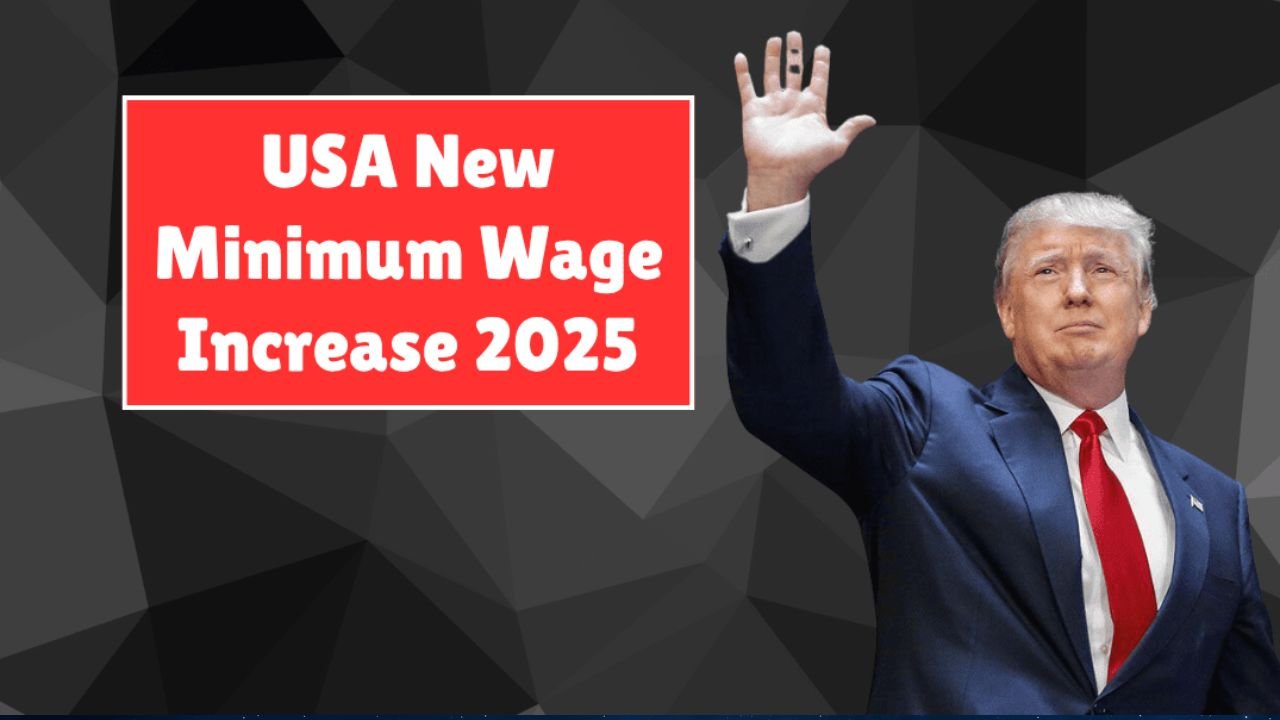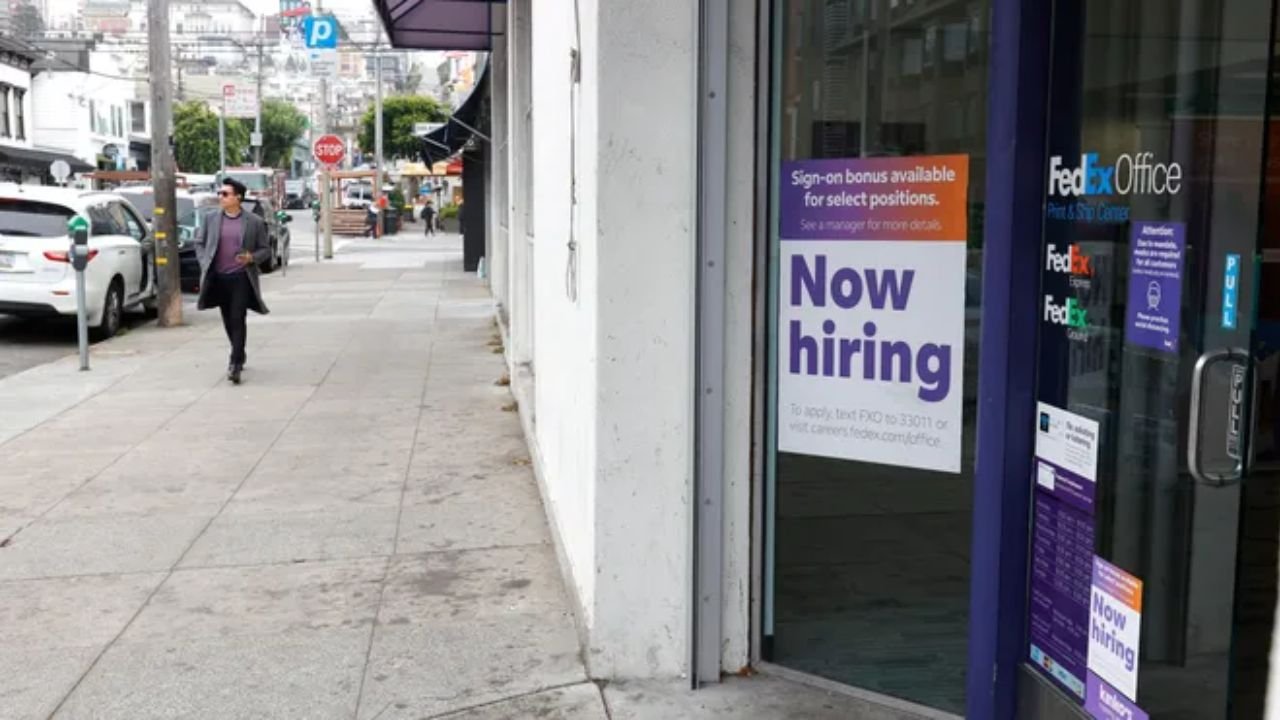CHICAGO — A multibillion-dollar affordable housing initiative in Chicago is under fire as critics slam the city for spending over $1.1 million per unit — a figure many say fueled the defeat of the Real Estate Transfer Tax hike this year.
In March, Mayor Brandon Johnson touted the city’s $11 billion investment to construct 10,000 affordable units. But the staggering cost-per-unit figure has sparked widespread backlash from both voters and housing experts — especially in the wake of voters rejecting the mayor’s proposed real estate transfer tax increase, which was billed as a way to fight homelessness.
$1.1 Million Per Unit Raises Eyebrows
The numbers came into sharp focus after a breakdown of the city’s housing strategy showed the math: $11 billion divided by 10,000 units equals $1.1 million per apartment. The revelation has drawn scrutiny about how the money is being spent and why cost containment isn’t more prioritized.
According to a selection rubric used to score affordable housing proposals, only three points out of 100 are awarded for cost containment. In contrast, projects earn:
-
11 points for having a woman-led or BIPOC-led development team
-
10 points for green-building certification
-
7 points for meeting accessibility requirements
Chicago Business Journal reports that high construction costs and the city’s scoring system have raised concerns about misplaced priorities in a housing market where rent continues to rise and new unit delivery has plummeted.
Voters Rejected Real Estate Transfer Tax
The backlash comes just months after Chicago voters rejected a graduated real estate transfer tax that would have raised levies on property sales over $1 million to fund homelessness initiatives. The measure, heavily promoted by Mayor Johnson, failed at the ballot box in March.
Many political observers say the extravagant per-unit cost tied to Johnson’s affordable housing promise may have eroded public trust and voter support.
Mayor Johnson Faces Mounting Criticism
Mayor Johnson, elected on a progressive platform, now faces mounting criticism from both sides of the aisle. Critics say his administration prioritizes ideological goals over economic efficiency.
Chicago’s housing policy awards points for progressive values but offers few incentives for keeping costs down. This has led some, including housing analysts, to question whether the administration’s approach is sustainable or fair to taxpayers footing the bill.
Political Fallout Growing
Beyond policy, the political fallout is widening. Johnson’s critics say he may now be the least popular big-city mayor in the country, with some observers predicting he could go down as the least popular mayor in Chicago history if public frustration continues.
With housing affordability remaining a top concern and new unit construction hitting a near 30-year low, the mayor’s office may face continued challenges unless reforms are made.
What Do You Think?
Do you think $1.1 million per unit is too much? Should the city refocus on cost containment instead of progressive scoring criteria? Let us know your thoughts in the comments on ChicagoSuburbanFamily.com.














